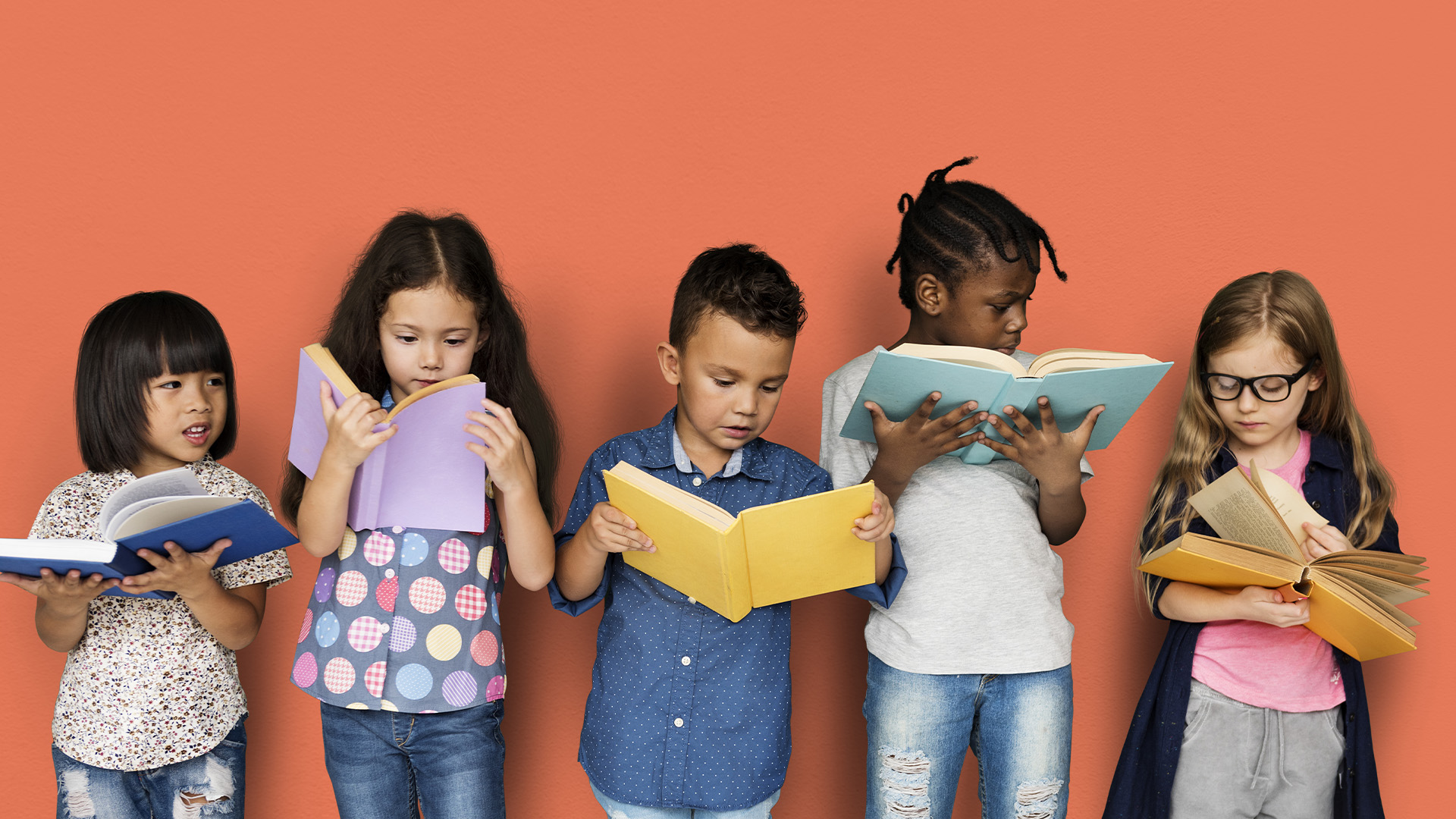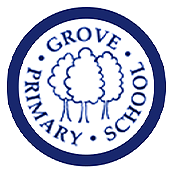Phonics and Reading At Grove Primary School
The school approach to Phonics
 Phonics sessions are taught daily from the beginning of the Foundation Stage to the end of Year 1 and going into Year 2. We follow the Essential Letters and Sounds phonics scheme. Essential Letters and Sounds (ELS) is a systematic synthetic phonics programme, validated by the Department for Education. This scheme is grouped into phases and pupils progress from phase 1 to phase 6. At the very beginning, children focus on listening and exploring sounds. They then develop an understanding of what graphemes and phonemes are and use this knowledge to help them with their reading and writing.
Phonics sessions are taught daily from the beginning of the Foundation Stage to the end of Year 1 and going into Year 2. We follow the Essential Letters and Sounds phonics scheme. Essential Letters and Sounds (ELS) is a systematic synthetic phonics programme, validated by the Department for Education. This scheme is grouped into phases and pupils progress from phase 1 to phase 6. At the very beginning, children focus on listening and exploring sounds. They then develop an understanding of what graphemes and phonemes are and use this knowledge to help them with their reading and writing.
Essential Letters and Sounds
Essential Letters and Sounds (ELS) is our chosen Phonics programme. The aim of ELS is ‘Getting all children to read well, quickly’. It teaches children to read by identifying the phonemes (the smallest unit of sound) and graphemes (the written version of the sound) within words and using these to read words.
Children begin learning Phonics at the very beginning of Reception and it is explicitly taught every day during a dedicated slot on the timetable. Children are given the knowledge and the skills to then apply this independently.
Throughout the day, children will use their growing Phonics knowledge to support them in other areas of the curriculum and will have many opportunities to practise their reading. This includes reading 1:1 with a member of staff, with a partner during paired reading and as a class.
Children continue daily Phonics lessons in Year 1 and further through the school to ensure all children become confident, fluent readers.
We follow the ELS progression and sequence. This allows our children to practise their existing phonic knowledge whilst building their understanding of the ‘code’ of our language GPCs (Grapheme Phoneme Correspondence). As a result, our children can tackle any unfamiliar words that they might discover.
Children experience the joy of books and language whilst rapidly acquiring the skills they need to become fluent independent readers and writers. ELS teaches relevant, useful and ambitious vocabulary to support each child’s journey to becoming fluent and independent readers.
We begin by teaching the single letter sounds before moving to diagraphs ‘sh’ (two letters spelling one sound), trigraphs ‘igh’ (three letters spelling one sound) and quadgraphs ‘eigh’ (four letters spelling one sound).
We teach children to:
- Decode (read) by identifying each sound within a word and blending them together to read fluently
- Encode (write) by segmenting each sound to write words accurately.
The structure of ELS lessons allows children to know what is coming next, what they need to do, and how to achieve success. This makes it easier for children to learn the GPCs we are teaching (the alphabetic code) and how to apply this when reading.
ELS is designed on the principle that children should ‘keep up’ rather than ‘catch up’. Since interventions are delivered within the lesson by the teacher, any child who is struggling with the new knowledge can be immediately targeted with appropriate support. Where further support is required, 1:1 interventions are used where needed. These interventions are short, specific and effective.
Supporting Reading at Home:
- Children will only read books that are entirely decodable, this means that they should be able to read these books as they already know the code contained within the book.
- We only use pure sounds when decoding words (no ‘uh’ after the sound)
- We want children to practise reading their book 4 times across the week working on these skills:
Decode – sounding out and blending to read the word.
Fluency – reading words with less obvious decoding.
Expression – using intonation and expression to bring the text to life!
We must use pure sounds when we are pronouncing the sounds and supporting children in reading words. If we mispronounce these sounds, we will make reading harder for our children. Please watch the videos below for how to accurately pronounce these sounds.
Pronunciation Videos
Phase 2 Pronunciation Video
Phase 3 Pronunciation Video
Phase 5 Pronunciation Video: Phase 5
Phonics Screening Check
In June of Year 1, all children will take a phonics screening test. This is a national test taken by all children in England. There will be more information provided about this during the year.
Please click here for further information:
Parent Information - Phonics Screening Check
Useful Links
Please follow the links below to support your child at home:
Phonics Play Mr Thorne Oxford Owl
Sound Mats Phases 2-5
Click below to access the sound sheets for each phase:
Phase 2 Sounds Phase 3 Sounds Phase 5 Sounds
Reading Curriculum
From Nursery all children will bring home a reading for pleasure book which can be shared at home with an adult. From Reception children will only read books that are entirely decodable, this means that they should be able to read these books as they already know the code contained within the book.
In Year 1 children are introduced to fluency and comprehension, small groups are led by an adult three time a week.
From Year 2 upwards, pupils take part in Take One Book Sessions where they are exposed to a range of high quality texts and have the opportunity to practice a range of reading skills.
Please click here for our reading curriculum overview: Phonics & Reading Overview
Once children have passed the Year 1 phonics screen they will follow the Oxford Reading Tree Scheme for reading. Children work through the scheme until they reach stage 11. Once the class teacher is satisfied with the child's reading fluency and comprehension of books within the stage they are moved on to the next stage. When the children have reached stage 11, the teacher moves the children on to 'purple sticker books' which are situated in the classroom. They then move on to being a 'free reader' where they can read any book from the shelves in the classroom or a book from home. We strongly believe that individual reading is important and all year groups follow the individual guidelines set out by the reading subject leader.
Please see our reading expectations document for further information: Reading Expectations
Reading at home
Oxford Owl is an award-winning website to help support your children’s learning, both at home and at school. Find tablet-friendly eBooks, inspiring school improvement and teaching support – and look out for new content being added all the time!
Not sure what to read? Please find below recommended books which your child might enjoy reading. Many of the suggested titles are avaliable at school, either in the classroom or in the school library, however you may also wish to use the lists to borrow books on your own library cards.
Try these recommended reads for your child:
| Nursery Recommended Reads | Reception Recommended Reads | |
| Year 3 Recommended Reads | ||
|
|

